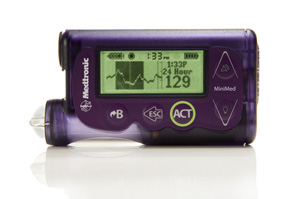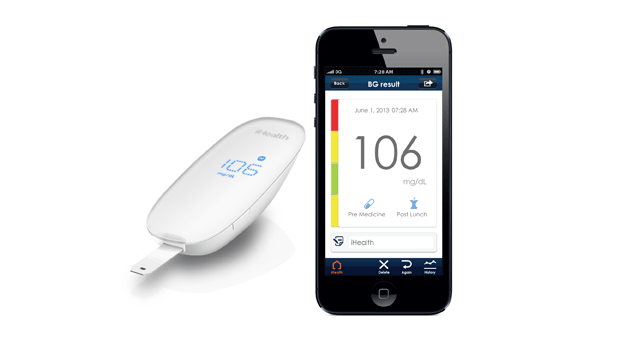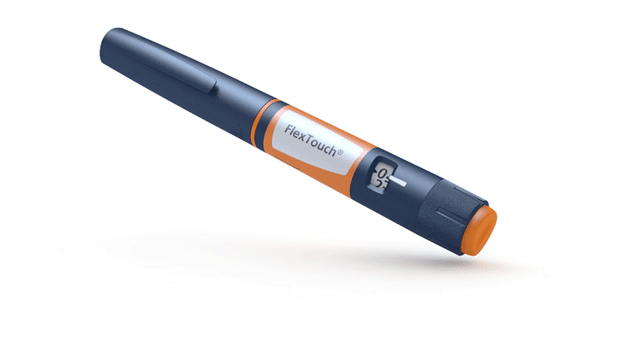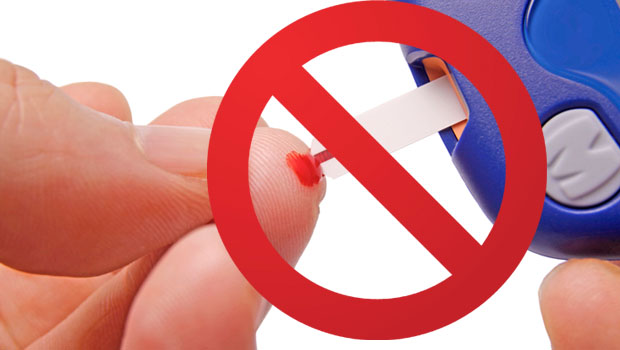Vaccine Protects Mice Against Virus-induced Diabetes
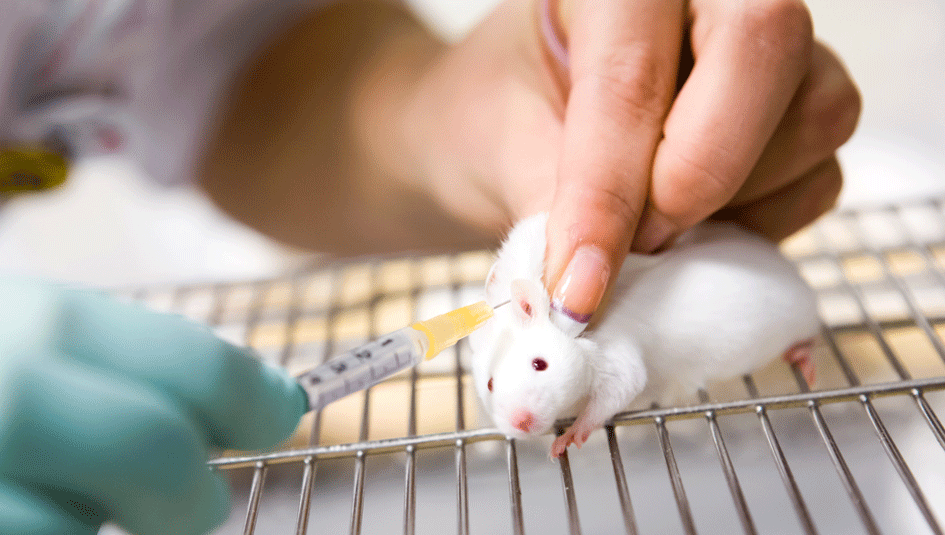
In Sweden, more than 1 in 200 children suffer from Type 1 diabetes. This is the highest incidence of the autoimmune disease in the world, and it accounts for rigorous research activity on diabetes within the country. Recently, researchers in Sweden and Finland identified a vaccine that may protect against the disease.
As many readers know, Type 1 diabetes occurs when the insulin-producing cells in the pancreas are destroyed. To regulate blood sugar levels, individuals with Type 1 diabetes have to rely on the life-long administration of insulin. Although experts are not certain what exactly triggers onset of the disease, they have long suspected that enterovirus infection (the most common type of viral infection) is to blame. The above-mentioned research supports this theory, as the scientists involved found that a certain enterovirus vaccine protected mice against virus-induced diabetes.
Researchers derived the vaccine from a variation of bacteria known as Coxsackievirus B (CVB). Then, they administered the vaccine to male and female mice between four and seven weeks of age. A control group was administered a buffer. After both vaccinated and buffer-treated mice were infected with CVB1, a serotype of CVB, researchers monitored the mice’s blood glucose levels. Diabetes did not develop in any of the vaccinated mice. Furthermore, the vaccine appeared to have no adverse effects on the test animals. However, 100% of the buffer-treated mice developed diabetes within three days of infection.
The next step for researchers is to administer the vaccine to at-risk individuals, who can be determined by genetic testing, and then monitor those individuals for the onset of diabetes. Dr. Vesa Hytönen, who produced the prototype vaccine, expressed hope that the vaccine would work like the poliovirus vaccine in preventing large-scale incidence of the disease. Dr. Hytönen further indicated that the vaccine could even protect against other effects of enteroviruses, such as common colds, myocarditis, and meningitis. The vaccine would not cure or reverse existing cases of diabetes.
Researchers are also tasked with developing a vaccine that protects against a wider array of viruses than the single strand targeted here. CVB has six serotypes, CVB 1-6. This study only concerned CVB1.
Do you have an idea you would like to write about for Insulin Nation? Send your pitch to submissions@insulinnation.com.
Thanks for reading this Insulin Nation article. Want more Type 1 news? Subscribe here.
Have Type 2 diabetes or know someone who does? Try Type 2 Nation, our sister publication.

